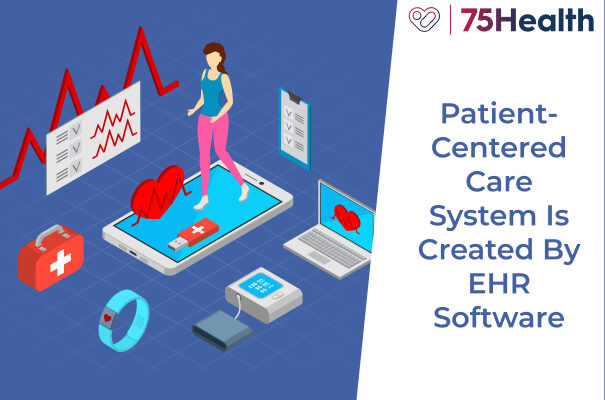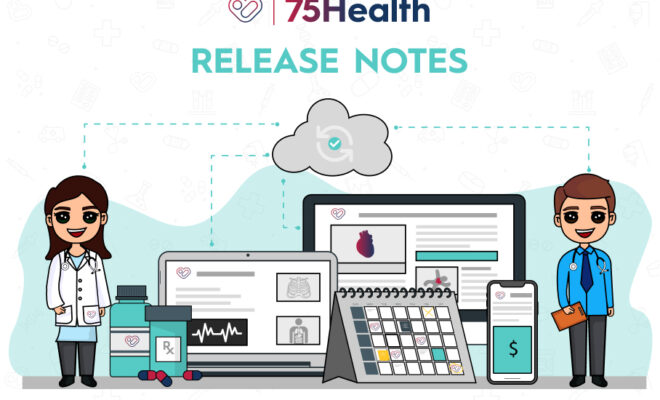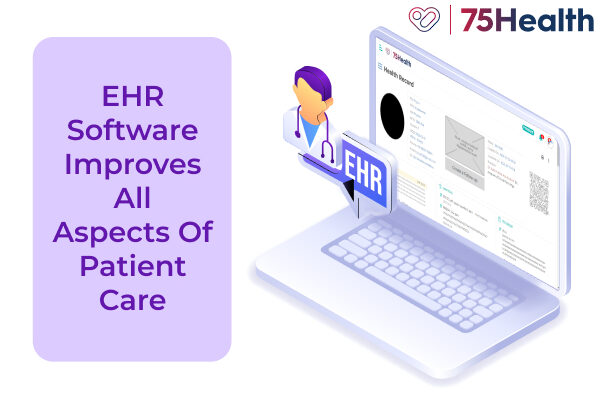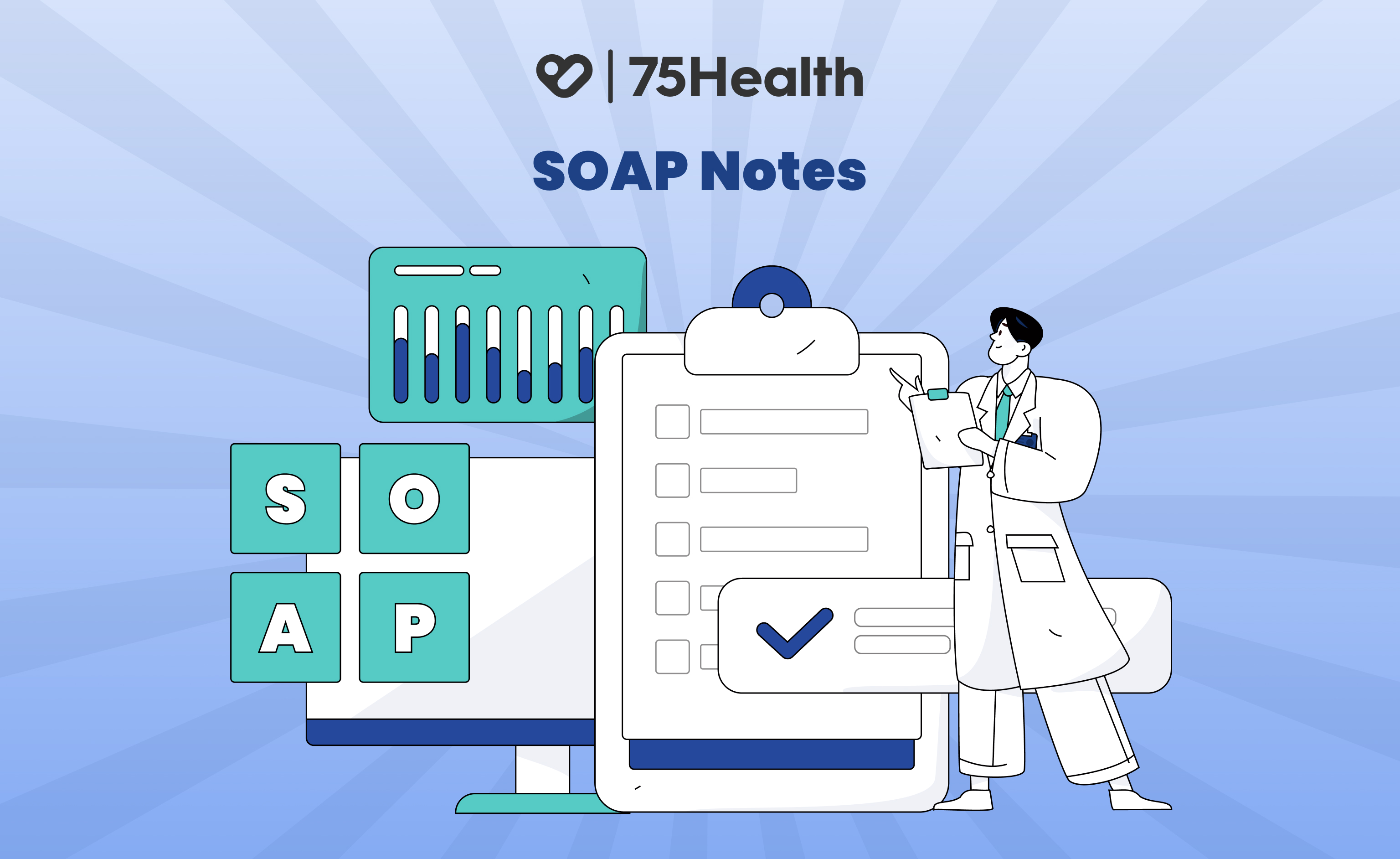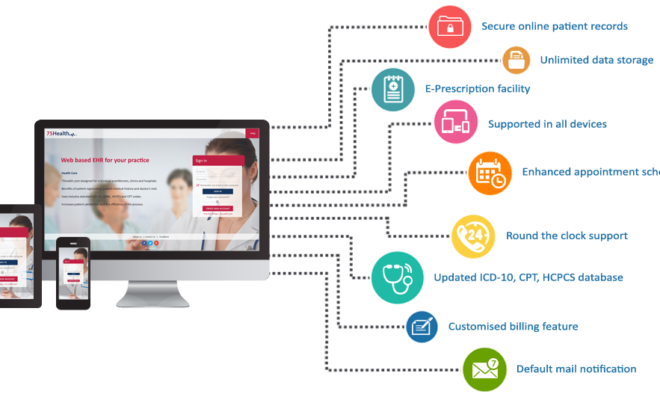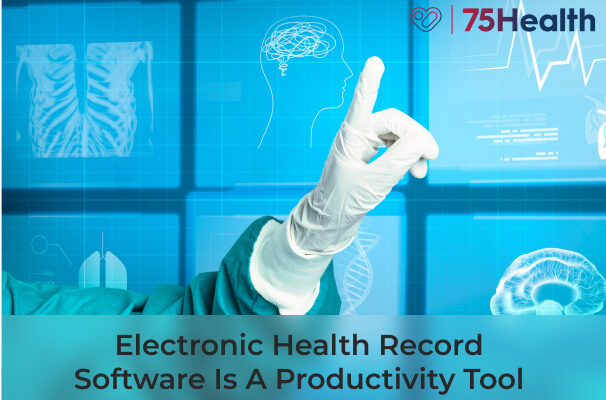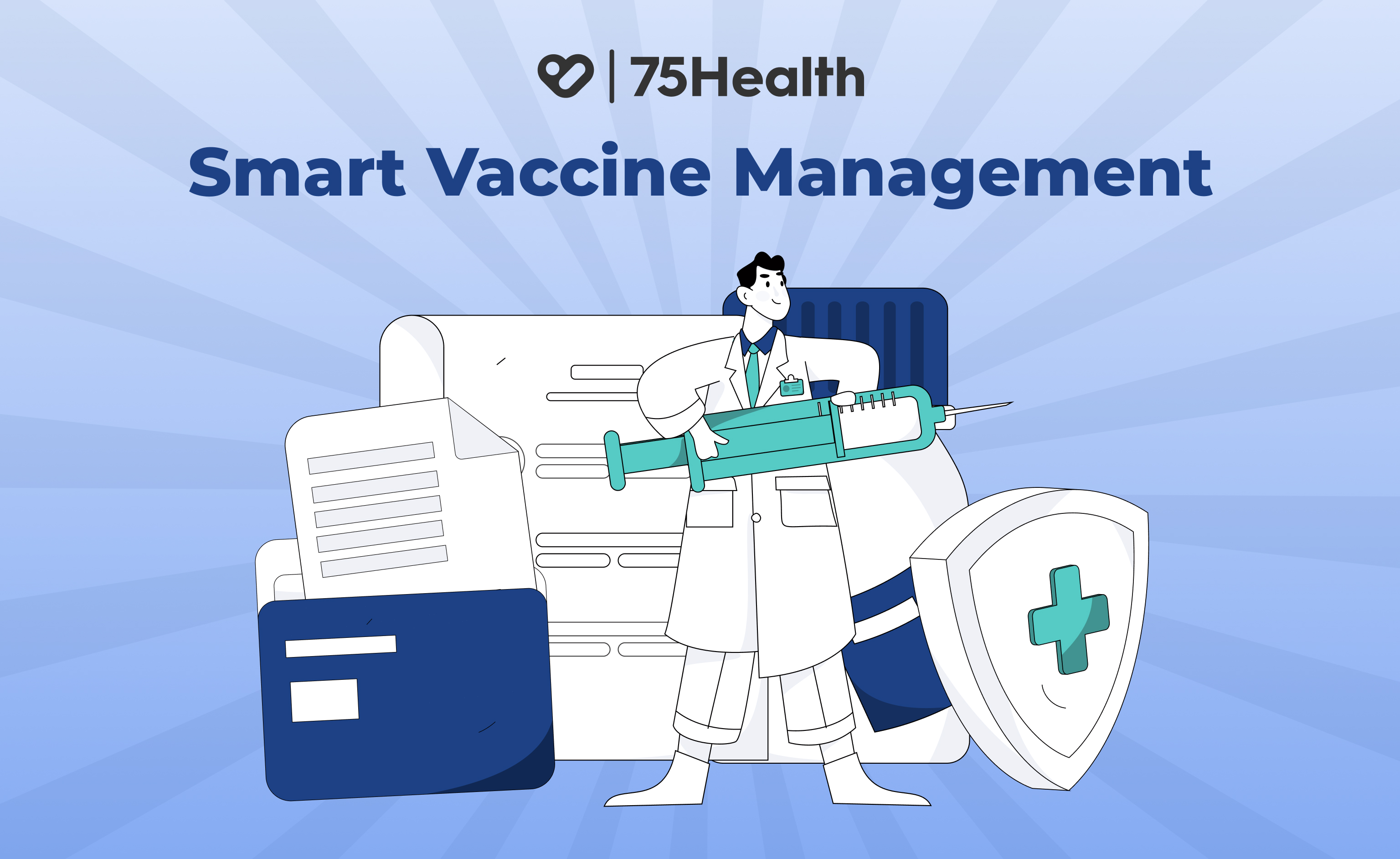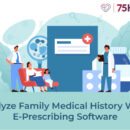10 Ways EHRs Simplify Healthcare Administration
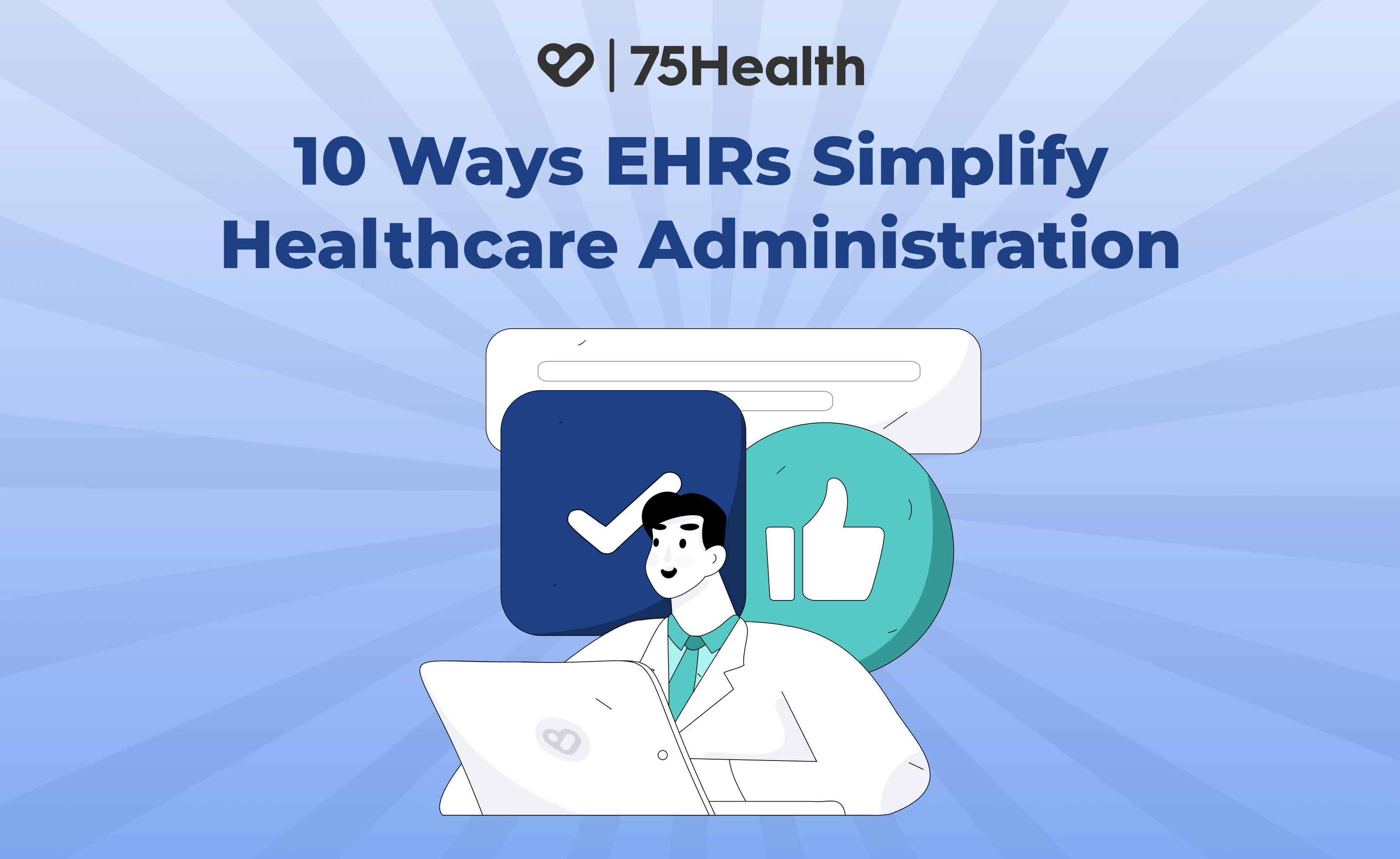
In the advancing world of technology, simplifying your workflow isn’t just a recommendation, it’s essential. The healthcare industry, known for its complexity and heavy paperwork, is gradually transforming thanks to innovative advancements like Electronic Health Records (EHRs).
From appointment bookings to follow-up reminders and lab test tracking, EHRs have revolutionized how healthcare is managed, streamlining operations, improving efficiency, and significantly reducing administrative burdens.
What is EHR?
EHR stands for Electronic Health Record, a digital version of a patient’s health record. EHRs provide real-time, patient-centered records that make information instantly and securely available to authorized users. They enable healthcare professionals to document, retrieve, and share patient information effortlessly.
How Do EHRs Reduce Administrative Burden?
1. Easy Intake Entry
EHRs simplify the patient intake process by enabling digital entry of personal, medical, and insurance information either by staff or directly by the patient via online forms.
- Reduces paper clutter
- Minimizes manual data entry errors
- Speeds up onboarding and consultation readiness
2. Simplified Appointment Management
EHR platforms automate and streamline:
- Patient scheduling
- Automated appointment reminders
- Calendar coordination and updates
This eliminates repetitive phone calls and manual tracking, improving overall efficiency.
3. Easier Clinical Charting
EHRs support structured charting with:
- Allow quick digital entry of clinical notes
- Support structured formats for better clarity
- Offer pre-defined or specialty-specific templates to reduce paperwork and save time
- Integrated medical coding standards like ICD, LOINC, CPT, HCPCS, and RxNorm
This ensures accurate documentation and speeds up clinical workflows.
4. Document Management
A centralized document repository allows healthcare professionals to:
- Store all patient documents in one place
- Quickly retrieve files without the hassle of scattered searches
This ensures smoother operations and better recordkeeping.
5. Centralized Access to Patient Records
EHRs provide:
- Instant access to complete patient history
- Real-time viewing of test results
- Seamless care coordination across departments or facilities
This eliminates redundancy and unnecessary paperwork.
6. Secure Communication
Built-in messaging tools enable:
- Fast coordination among care teams
- Direct communication between patients and providers
- Secure sharing of documents and e-prescriptions
This replaces time-consuming calls, emails, or fax exchanges.
7. Efficient Billing and Coding
EHRs enhance billing accuracy by:
- Auto-coding procedures
- Reducing claim denials
- Speeding up insurance reimbursements
It smooths communication between billing departments and clinicians.
8. In-Patient Management
EHRs simplify hospital workflows by:
- Tracking real-time bed availability
- Recording admission, monitoring progress, and discharge details
- Logging minute-to-minute in-patient updates
All critical data is easily recorded and tracked in one system, streamlining hospital operations and enhancing the quality of patient care.
9. Queue Management
With EHR-integrated queue systems, providers can:
- Monitor patient flow
- Reduce waiting times
- Prioritize urgent cases efficiently
This results in a more organized and satisfying experience for both patients and providers.
10. Smart Automation with AI
EHRs leverage AI to make workflows faster and smarter through:
- Voice-to-text for clinical note-taking
- Auto-suggestions for diagnoses, prescriptions, and lab tests
- Intelligent appointment scheduling based on availability and patient needs
- OCR-based scanning for quick data entry from documents like insurance cards
- Predictive insights for better clinical decisions
Why It Matters Now More Than Ever
With increasing patient loads and growing administrative tasks, burnout among healthcare professionals is a real concern. Adopting an EHR system means fewer hours spent on manual entries and more time for what truly matters, patient care.
Whether you’re a solo practitioner or part of a multi-specialty organization, EHRs bring a balance of efficiency, accuracy, and relief from daily administrative grind.
Conclusion
EHRs take the load off administrative tasks, making healthcare faster, smarter, and more organized. It’s a step every modern practice should consider.
